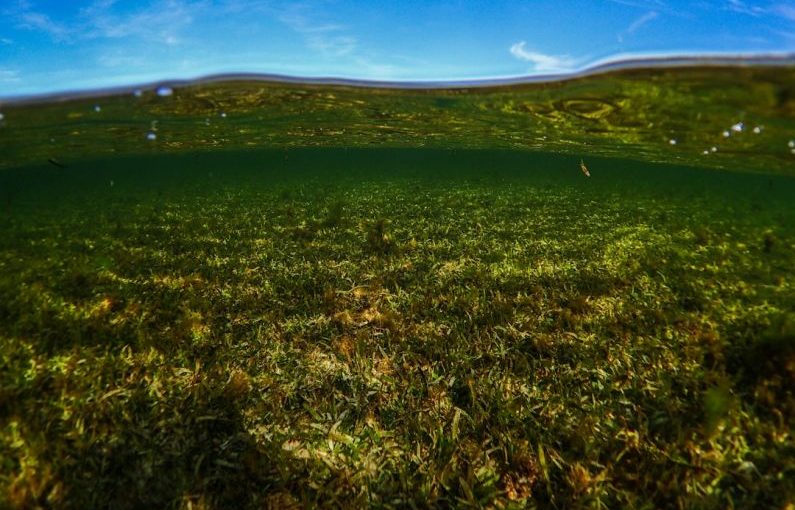The beauty of our oceans attracts millions of travelers each year. Whether it’s diving in vibrant coral reefs, swimming alongside majestic marine creatures, or simply relaxing on a pristine beach, the allure of the sea is undeniable. However, with the increasing impact of human activities on marine ecosystems, it is more important than ever to consider how we can protect and preserve these fragile environments while traveling. Marine conservation efforts play a crucial role in safeguarding the health of our oceans and ensuring that future generations can continue to enjoy their wonders.
Responsible Tourism Practices
When traveling to coastal destinations, it is essential to practice responsible tourism to minimize our impact on marine ecosystems. Simple actions such as avoiding single-use plastics, choosing reef-safe sunscreen, and participating in beach clean-ups can make a significant difference in protecting the oceans. By being mindful of our actions and choosing sustainable alternatives, we can help reduce pollution and preserve the marine environment for years to come.
Supporting Marine Protected Areas
Marine Protected Areas (MPAs) are designated areas where human activities are regulated to conserve marine biodiversity and ecosystems. By visiting and supporting these protected areas, travelers can contribute to the conservation of marine life and habitats. Many MPAs offer opportunities for activities such as snorkeling, diving, and wildlife watching, allowing visitors to experience the beauty of the oceans while promoting their preservation.
Participating in Citizen Science Programs
Citizen science programs provide a unique opportunity for travelers to actively contribute to marine conservation efforts. By joining initiatives such as coral reef monitoring, sea turtle nesting surveys, or whale watching research projects, visitors can help collect valuable data that informs conservation strategies and policies. These hands-on experiences not only raise awareness about marine issues but also empower individuals to take meaningful action to protect the oceans.
Choosing Responsible Tour Operators
When planning marine-based activities such as boat tours, snorkeling trips, or wildlife encounters, it is important to choose tour operators that prioritize environmental sustainability and conservation. Look for operators who follow responsible practices such as respecting wildlife viewing guidelines, minimizing disturbance to marine species, and supporting local conservation initiatives. By selecting eco-conscious tour operators, travelers can enjoy unforgettable experiences while supporting marine conservation efforts.
Promoting Sustainable Seafood Practices
The global demand for seafood has put immense pressure on marine resources, leading to overfishing and depletion of fish stocks. As travelers, we can make a difference by choosing sustainable seafood options that are harvested using environmentally friendly practices. When dining out, look for restaurants that source their seafood ethically and support sustainable fisheries. By making informed choices about the seafood we consume, we can help protect marine ecosystems and promote responsible fishing practices.
Advocating for Marine Conservation
Travelers have a powerful voice in advocating for marine conservation and raising awareness about the importance of protecting the oceans. Whether through social media, community outreach, or supporting conservation organizations, individuals can help amplify the message of marine conservation and inspire others to take action. By sharing our experiences, knowledge, and passion for the oceans, we can drive positive change and encourage others to join us in protecting these precious environments.
Conclusion: Embracing a Sustainable Approach to Marine Travel
In conclusion, marine conservation plays a vital role in preserving the health and biodiversity of our oceans. As travelers, we have the opportunity to make a positive impact by adopting sustainable practices, supporting marine protected areas, participating in citizen science programs, choosing responsible tour operators, promoting sustainable seafood practices, and advocating for marine conservation. By embracing a sustainable approach to marine travel, we can enjoy the beauty of the oceans while contributing to their protection and ensuring a brighter future for marine ecosystems around the world. Let’s be stewards of the sea and protect these priceless treasures for generations to come.





